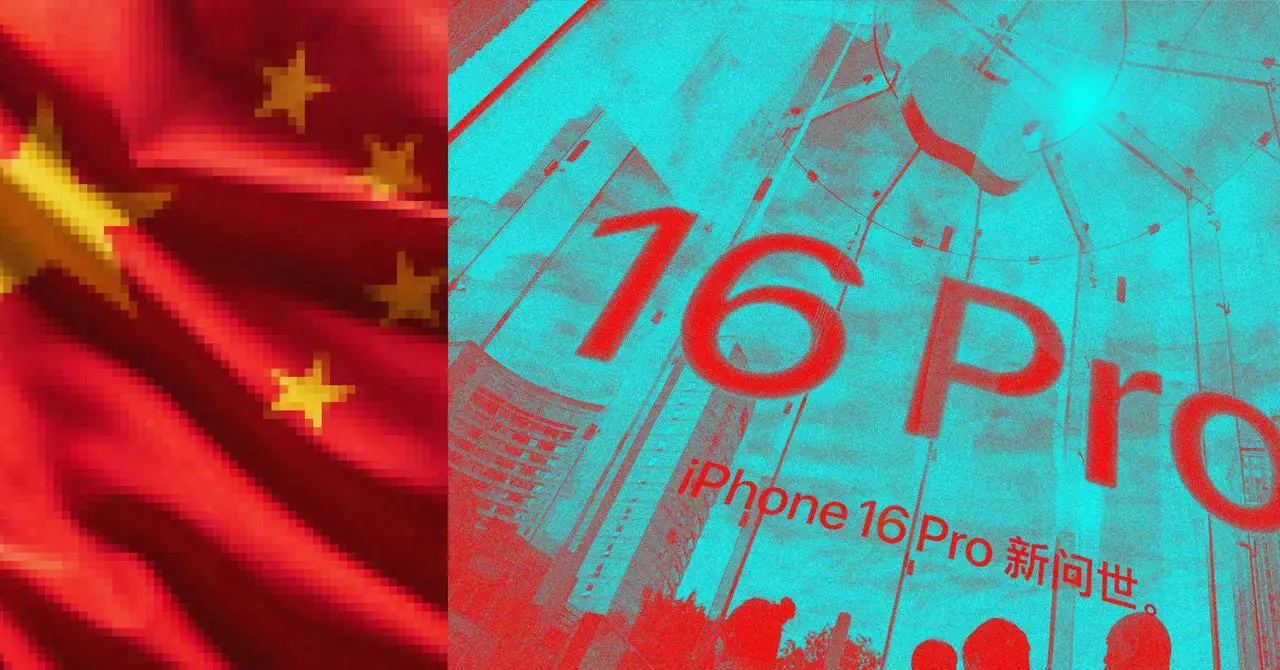In recent years, the landscape of artificial intelligence (AI) and technology governance has been drastically shifted by the emergence of stringent regulations, particularly in China. As the world’s second-largest economy continues to position itself as a leader in technological advancement, the expectations placed upon Western companies, such as Apple, have substantially intensified. The intricacies of navigating the regulatory labyrinth in China present a critical challenge, forcing international corporations to reevaluate their strategies and operations.
The Chinese government has implemented a framework requiring technology companies to register the algorithms that dictate public access to information, including AI-driven applications. This regulatory demand entails meticulous oversight where companies must disclose extensive details about their coding and operational methodologies. As Tan, an expert in the field, emphasizes, “you need to file with regulators,” highlighting the extensive nature of this compliance process. This poses significant barriers for many Western tech firms that thrive on flexibility and innovation—hallmarks of the digital economy.
China’s advantageous position in the global tech arena exacerbates the dilemma for Western enterprises. The nation has transitioned from a follower of technological trends to a burgeoning leader, manifesting in its ability to enforce regulations that are often misaligned with the operational ethos of its foreign counterparts. This proactive stance underlines how the scales of power have tipped favorably toward China, complicating the narrative surrounding international tech and AI collaboration.
At the crux of the debate surrounding AI in China lies a complex relationship with censorship. Recent legislation has focused on ensuring that what the Chinese government terms “deep synthesis,” or generative AI, aligns with state-mandated ideologies. These regulations dictate that AI outputs must adhere strictly to the “correct political direction” and refrain from disturbing economic and social order. Such provisions inherently undermine the values of free speech and open inquiry, which are championed in many Western democracies.
This censorship framework means that Western companies seeking to operate in China must develop products that meet the state’s stringent requirements, potentially compromising their foundational values. The implications of such compliance stretch beyond mere legalities; they risk fostering a culture of self-censorship and institutional obfuscation that could transform tech giants into proxies for state mandates. For example, an AI-powered application developed for Chinese audiences might omit sensitive topics, such as the Dalai Lama or the status of Taiwan, to conform to local expectations.
Given the current trajectory, companies like Apple find themselves at a crossroads. Employing a localized version of generative AI, as indicated by recent reports, represents an adaptation strategy—but it also carries implications that cannot be overlooked. Apple’s conformity with China’s regulatory environment suggests a level of acquiescence that competitor firms may be hesitant to replicate. Should Apple’s advanced technology inadvertently serve to bolster the objectives of the Chinese Communist Party (CCP), the reputational repercussions could be significant.
As Apple has already demonstrated a willingness to censor its App Store to comply with local regulations, the introduction of Apple Intelligence powered by a modified generative AI raises questions regarding the extent of its complicity in government surveillance or ideological compliance. Furthermore, the company’s decisive engagement with the Chinese market amplifies concerns about ethical standards and corporate governance as companies grapple with balancing profit motives against social responsibility.
In essence, the evolving landscape of AI regulation in China forces a crucial dialogue about the balance of innovation and compliance. For Western enterprises venturing into this complex environment, the stakes have never been higher. The need to navigate a regulatory quagmire while upholding core values poses a significant dilemma, underscoring the importance of a nuanced approach toward market entry.
Ultimately, as companies like Apple position themselves within the Chinese tech ecosystem, a critical examination of their strategies will be necessary. The intersection of AI and state governance presents both unprecedented opportunities and ethical challenges. Companies must act thoughtfully to maintain their global standing while simultaneously adapting to local nuances—a balancing act that remains fraught with complications.


Leave a Reply